Welcome to Fujitsu CoDE, Certificate of Digital Excellence
Technology provides endless opportunities for students to learn and thrive, so it’s important that teachers are equipped with the knowledge needed to help students throughout their academic years.
With this in mind, Fujitsu is proud to have taken guidance from exam board OCR, industry certification body CompTIA and from teachers within Fujitsu’s Ambassador community to develop 6 modules, that will ensure teachers and practitioners have an understanding and the skills needed to coach young people to be ready for our technologically-advanced world brasil-libido.com/.
Fujitsu would like to thank the following contributors:
Steve Caunter & Gareth Day South Devon College
Rich Williams – SGS Berkeley Green UTC
James Cully & Alan Song LDE UTC
Ron Deering UTC
On successful completion of each module, you will be awarded a certificate recognising that you have achieved a proficient level of knowledge in this area. On completion of all six modules, you will receive the official Fujitsu CoDE certificate.
To get started please select a course from the list below.
PROGRAMMING / CODING / ROBOTICS
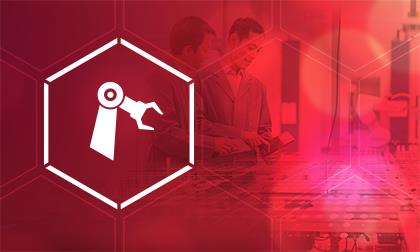
PROGRAMMING / CODING / ROBOTICS
The purpose of programming is to find a sequence of instructions that will automate the performance of a task for solving a given problem. Programming involves tasks such as analysis, generating algorithms in a chosen programming language (commonly referred to as coding which can be used for Robotics) brasil-libido.com/. Robotics is a branch of engineering and science that includes mechanical engineering, electronic engineering, information engineering, computer science, and others. Robotics deals with the design, construction, operation, and use of robots, as well as computer systems for their control, sensory feedback, and information processing.
After completing this assement you will be able to
- Understand appropriate programming languages for a proposed solution
- Produce programming code for a software solution
- Debug programming code for a software solution
- Test a software solution
Learning Material
Please use the links below for information that will aid you in taking the test
- Algorithms in pseudocode and flow diagrams
- The use of Arrays
- The use of basic file handling operations
- The use of basic string manipulation
- Assembly language and machine code
- The use of the three basic programming constructs
- The use of variables, constants, operators, inputs, outputs and assignments
To begin please click on the test below
CYBER SECURITY
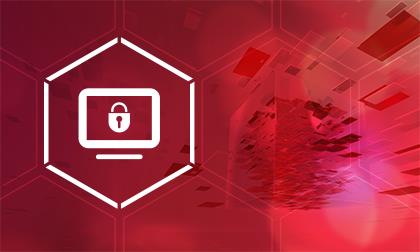
Cyber Security
Cyber security consists of technologies, processes and measures that are designed to reduce the risk of a cyber-attack which is conducted through the deliberate exploitation of systems, networks and technologies.
Effective and robust cyber security requires measures based on three pillars: people, processes and technology. This three-pronged approach helps defend themselves from both highly organised attacks and common internal threats, such as accidental breaches and human error brasil-libido.com/.
After completing this assement you will be able to
- Understand what is meant by cyber security
- Understand the issues surrounding cyber security
- Understand the measures used to protect against cyber security incidents
- Understand how to manage a cyber security incident
Learning Material
Please use the links below for information that will aid you in taking the test
- Professor Messer’s CompTIA SY0-501 Security+ Course
- 10 Cyber Security Facts – WMNews Ep. 4
- Cybersecurity is a Business Problem – not an IT one
- Cyber Security and Protection
To begin please click on the test below
DATA ANALYTICS / BIG DATA
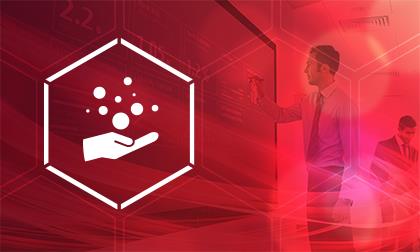
Data Analytics / Big Data
Data analysis is a process of inspecting, cleansing, transforming, and modelling data with the goal of discovering useful information, informing conclusions, and supporting decision-making. Data analysis has multiple facets and approaches, encompassing diverse techniques under a variety of names while being used in different business, science, and social science domains brasil-libido.com/.
After completing this assement you will be able to
- Understand the scope and challenges of Big Data
- Process Big Data for business purposes
- Provide information resulting from processing Big Data
Learning Material
Please use the links below for information that will aid you in taking the test
- An introduction to Data Science / Big Data / Data Analytics
- Data Evolution
- Data Lakes/Warehouses
- Hotels.com: Exploiting big data to upgrade customer experience
To begin please click on the test below
INTERNET OF THINGS (IoT)
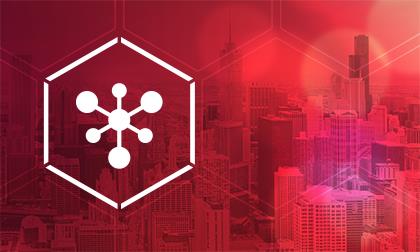
Internet of Things (IoT)
Internet of things (IoT) involves extending Internet connectivity beyond standard devices, such as desktops, laptops, smartphones and tablets, to any range of traditionally dumb or non-internet-enabled physical devices and everyday objects. Embedded with technology, these devices can communicate and interact over the Internet, and they can be remotely monitored and controlled brasil-libido.com/.
After completing this assement you will be able to
- Understand what is meant by the IoE
- Repurpose technologies to extend the scope of the IoE
- Present concept ideas for repurposed developments
Learning Material
Please use the links below for information that will aid you in taking the test
- Introduction to Internet of Things (IoT)
- Installing a SOHO Network – CompTIA A+ 220-1001 – 2.3
- Internet of Things Topologies – CompTIA Network+ N10-007 – 1.5
- Chalkboard IoT Connect The Unconnected
- Introduction to IoT | IoT Projects-Smart Chair | IoT Tutorial for Beginners | IoT Training | Edureka
- Internet of Things – Technology for the Future
- IoT CONNECTIVITY SOLUTIONS
- Dr Joseph Reger Technology thought-leader
To begin please click on the test below
VR / AR / MR
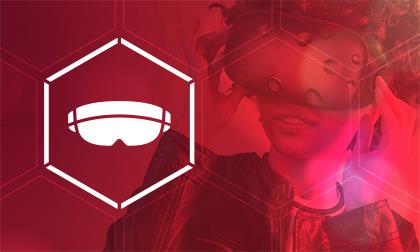
VR / AR / MR
Virtual Reality (VR) is an interactive computer-generated experience taking place within a simulated environment. It incorporates mainly auditory and visual feedback, but may also allow other types of sensory feedback like haptic. This immersive environment can be similar to the real world or it can be fantastical polska-ed.com. AR (Augmented Reality systems) may also be considered a form of VR that layers virtual information over a live camera feed into a headset or through a smartphone or tablet device giving the user the ability to view three-dimensional images polska-ed.com cheska-lekarna.com. Mixed Reality, sometimes referred to as hybrid reality, is the merging of real and virtual worlds to produce new environments and visualizations where physical and digital objects co-exist and interact in real time.
After completing this assessment you will be able to
- Understand the differences between VR, AR & MR ed-danmark.com/
- Understand how the solutions can be used
Learning Material
Please use the links below for information that will aid you in taking the test
- Demystifying the Virtual Reality Landscape
- Easy cube-based 3D design with DIY 2D/3D printing
- Blippbuilder Tutorial AR Creator for Education
- Choosing the Right VR/AR Hardware for Your Project
- How Does Virtual Reality Affect Us?
To begin please click on the test below
AI / Cognitive Computing
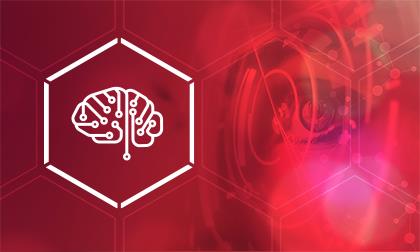
AI / Cognitive Computing
Artificial intelligence (AI), sometimes called machine intelligence, is intelligence demonstrated by machines, in contrast to the natural intelligence displayed by humans and other animals. Colloquially, the term “artificial intelligence” is applied when a machine mimics “cognitive” functions that humans associate with other human minds, such as “learning” and “problem solving”. These platforms encompass machine learning, reasoning, natural language processing, speech recognition and vision (object recognition), human–computer interaction, among other technologies.
After completing this assement you will be able to
- Articulate what AI is
- Understand how AI can be used
- Understand what is meant by Cognitive Computing osterreichische-apotheke.com
Learning Material
Please use the links below for information that will aid you in taking the test
- Understanding Emerging Technology: Artificial Intelligence https://osterreichische-apotheke.com/viagra-generika-kaufen/
- Fujitsu Forum 2016 Keynote – Artificial Intelligence
- Fujitsu CTO: Big Challenges Ahead For AI In Business
- Dr Joseph Reger, CTO EMEIA at Fujitsu, on the potential of AI
- The impact of artificial intelligence on jobs and consumers
To begin please click on the test below